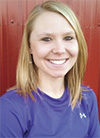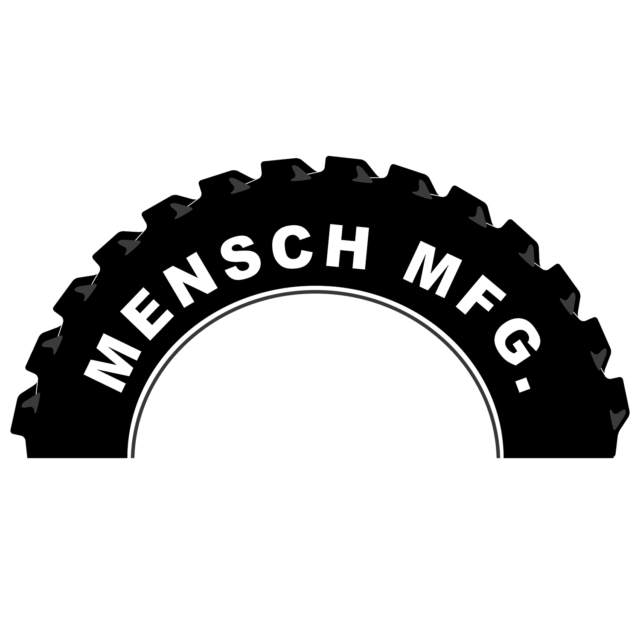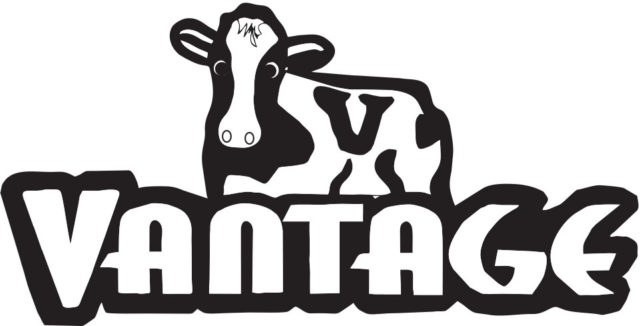Have you ever picked up the phone to call a consultant and upon asking your question and hearing the answer you feel like the dumbest person on the face of the earth? Well, for those of you who have not yet had the experience, let me shed some light on the feeling.
While I’m not usually one to tell many stories involving other members of my farm family, I feel that this topic is probably under-addressed at lots of other farms much like it was at ours.
It actually happened back in February. Our family had been in a new facility for almost a year and a half, and while the herd and farm performance was great, we were getting really ill with each other. But you know what? Whenever anyone asked how things were going, we put on a cheesy smile and said something like, “We’re fine.” The funny thing is that I think the “we” we were answering for was just the cows. If the cows are good and the barn is good, that must automatically mean “we” are all great, right?
So finally one fine winter day after we couldn’t figure out how to get along, I was assigned to call up the consultant who had helped us get our grand project off to a great start. There was some small talk, and then I posed my question: “Can you help us get along?” Wow, glad no one has ever asked me that question. He politely responded by asking a few follow-up questions. Well, just one question actually.
“How’s it going with your RREs we discussed as an essential step to family business success when I was there two years ago?” he asked.
Hmmm, crickets chirping. Que the part about feeling really stupid.
“Well, um, about that, we – wow, two years – well, we meant to, but we never got around to doing it. But we pretty much know what each other’s jobs are.”
“Well, how are the weekly planning meetings going?”
Sigh.
“Well, they are good; we sort of just do them in the hallway on Monday mornings. And ya know, sometimes we just read each other’s minds about what we’re doing this week.”
He immediately scheduled a face-to-face visit with our team to tell us like little children that we had to do these things if we really wanted to be successful.
Sure, we “sort of” knew what each other’s responsibilities were, but that wasn’t good enough. Especially not after turning every routine we ever had known upside down when we moved into a new facility. And especially not with two generations seeing the world from different perspectives. We were all walking around with different definitions of what we were doing every day and being mad at each other for not doing what no one told us to do. And maybe some of us were carrying the weight of unspoken responsibilities that the others didn’t even know had to be done every day. We were functioning in a chaotic pattern that looked “normal” on the outside.
So what is an RRE anyway? Well, I’m sure there are more formal definitions, but to us it has been defined as each person’s role, responsibilities and expectations. Or in other words, who you are to the business, what you are supposed to do and how you should do it.
So after our sit-down in February, we have been whittling away at a formal written RRE for every person who does a job on the farm, starting from the top down. I won’t lie; it was a little tough to get going. When we wrote all the jobs on the white board in the office and said, “OK, where do we start?” – it wasn’t exactly like grabbing the candy from the piñata. But eventually we came up with a plan.
And you know what? It helps a lot. For starters, we eliminated overlap in management tasks that were just making us waste time and argue. Secondly, it feels really good to know what you are supposed to be doing and feel assured that all the other things on the list are getting done too. I have found that, for myself, the level of motivation is generally much higher when I can focus on a few very important tasks that I know only I am responsible for watching after and feel more pride and accomplishment when they are done well. And lastly, we have learned that RREs are not a contract. While they might function more in that realm for employees, for farm family management it is more about using RREs as a tool for individual managers who keep the whole farm and family running smoothly.
The final key to using the RRE system for our farm has been to have weekly management meetings. Our consultant suggested these be held for the sheer purpose of “tactical intent.” Did you know that “tactic” is actually from the Greek word taktike, meaning “the art of arrangement.” So pretty much we meet every Monday to arrange our week. Sometimes we have to make adjustments on the fly, but at least we started one step ahead and sometimes can prevent major collisions of jobs or people’s happiness. This is extremely important so that we don’t go off into our little individual RRE worlds and forget the whole farm has to work together. It also greatly helps us better utilize our employees since our farm size is smaller.
So, break out your pen and paper, and when your consultant asks if you did what you were supposed to, at least you might know who was supposed to have done it. PD

-
Laura Flory
- Dairy Producer
- Hillside Farm
- Dublin, Virginia
PHOTO: Laura Flory says her family is working to develop and define each person's RREs (role, responsibilities and expectations) on the dairy. Photo provided by Laura Flory.




